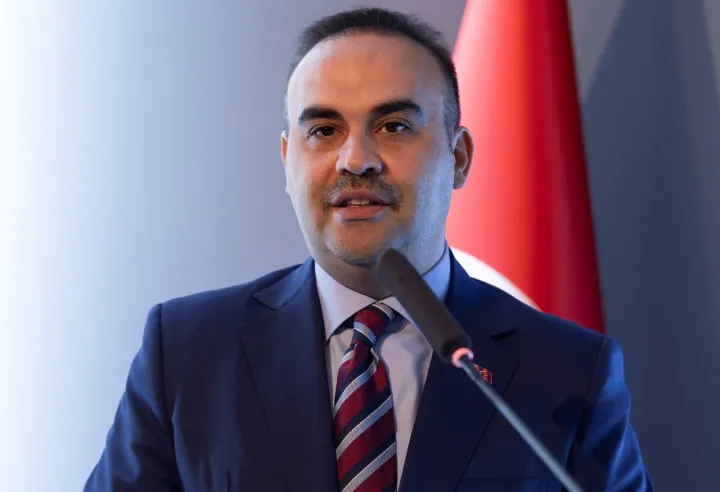Climate change is the biggest threat to human health in Africa and the rest of the world, according to the head of the continent's public health agency.
The director general of the Africa Centres for Disease Control and Prevention (CDC), Jean Kaseya said mitigating this risk is top on the agenda at the COP28 climate summit in Dubai, which begins on Thursday.
The measures needed would include funding to help countries contain disease outbreaks.
In an online interview, Kaseya highlighted the threat of "a climate change-related disease becoming a pandemic and coming from Africa."
Disease outbreaks
He added that since the start of this year, Africa has tackled 158 disease outbreaks.
"Each outbreak, if not well managed, can become a pandemic," he said.
This year's climate talks will for the first time include a health day on December 3, which Kaseya and global health figures from around the world are expected to use to raise awareness of the link between climate change and health.
Scientists have linked a surge in diseases, including dengue and cholera, to rising global temperatures, which have broken records this year.
Extreme weather events like floods increase the spread of disease and challenge response efforts. Deforestation, a contributor to climate change, also pushes humans into closer contact with disease-carrying animals, like bats.
Lessons from Covid
Speaking on the sidelines of the international conference on public health in Africa, taking place in Lusaka, Zambia, until Thursday, Kaseya said that the mistakes of COVID-19 must not be repeated, particularly concerning equal access to vaccines and treatments.
"No-one will be safe if all of us are not safe," he stated.
He added that the CDC was encouraging regional vaccine manufacturing initiatives as well as a pooled procurement mechanism for African countries to lower prices.
Kaseya expects the African Medicines Agency, the first continent-wide regulatory body, will be operational by 2024.
For outbreaks that spread regionally, the CDC is drawing up procedures to declare "public health emergencies of continental concern", echoing the World Health Organization's (WHO) terminology used to flag the most significant health threats internationally.
Last year, leading African scientists and public health experts criticised the WHO's decision to only give mpox its highest level of alert after the disease spread beyond Africa, where it had been a problem for years.
























